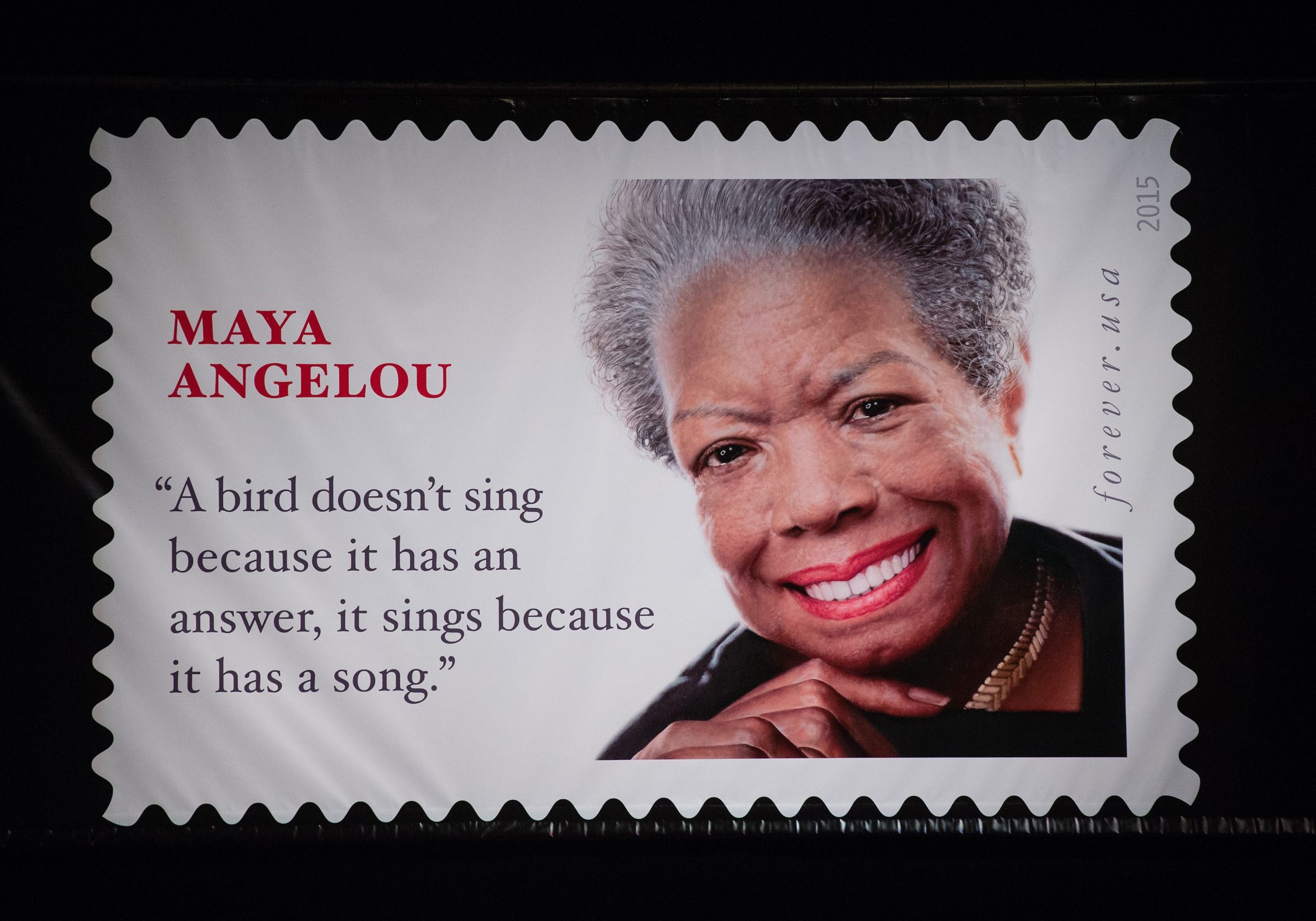The Digital Afterlife: AI’s Resurrection of Voices
The world is rapidly changing, and with it, our understanding of legacy. What happens to an artist’s voice, their unique cadence and inflection, after they’re gone? Thanks to the relentless march of artificial intelligence, that question is no longer purely philosophical. Companies are now developing technology capable of synthesizing the voices of deceased celebrities, raising profound ethical and legal questions about ownership, authenticity, and the very definition of artistic creation.
Kafka’s Wish and the AI Dilemma
The story of Franz Kafka serves as a poignant reminder of an artist’s potential desires regarding their work. Before his death, Kafka entrusted his friend Max Brod with a simple, yet demanding request: destroy all his unpublished writings. Fortunately for literature enthusiasts, Brod disregarded this wish, gifting the world masterpieces like “The Castle” and “The Trial.” This act of defiance, however, underscores a fundamental tension: the artist’s right to control their creation versus the public’s desire for access and preservation. Now, with AI capable of replicating voices, this tension intensifies. The AI audio startup ElevenLabs, for example, is generating incredibly realistic voice clones, demonstrating the technological feasibility of resurrecting the aural presence of the departed.
Ethical Echoes: Ownership and Authenticity in the Digital Age
The ability to recreate a voice raises critical questions about who owns it after death. Do estates have the right to control its use? What safeguards are needed to prevent misuse or manipulation? The implications are vast, ranging from creating new “performances” using a deceased actor’s voice to generating entirely new content attributed to them. Imagine a world where Maya Angelou narrates new poems or where Orson Welles directs AI-generated films from beyond the grave. While the possibilities are exciting, they also demand careful consideration of ethical boundaries. Concerns about deepfakes and misinformation become even more pronounced when dealing with the voices of influential figures. The potential for abuse is undeniable, highlighting the need for robust regulations and ethical guidelines.
Conclusion: Navigating the Uncharted Waters of AI Voice Cloning
The resurrection of voices through AI is a powerful reminder of the rapidly blurring lines between technology and humanity. As we venture further into this uncharted territory, it is crucial to engage in thoughtful dialogue about the implications of this technology. We must consider the rights of artists, the potential for misuse, and the very nature of authenticity in a digital age. The ability to recreate a voice is a powerful tool, one that demands responsible development and deployment to ensure it serves to enhance, rather than exploit, our cultural heritage. As AI continues to evolve, so too must our understanding of its ethical and societal impact.
Based on materials: Vox





